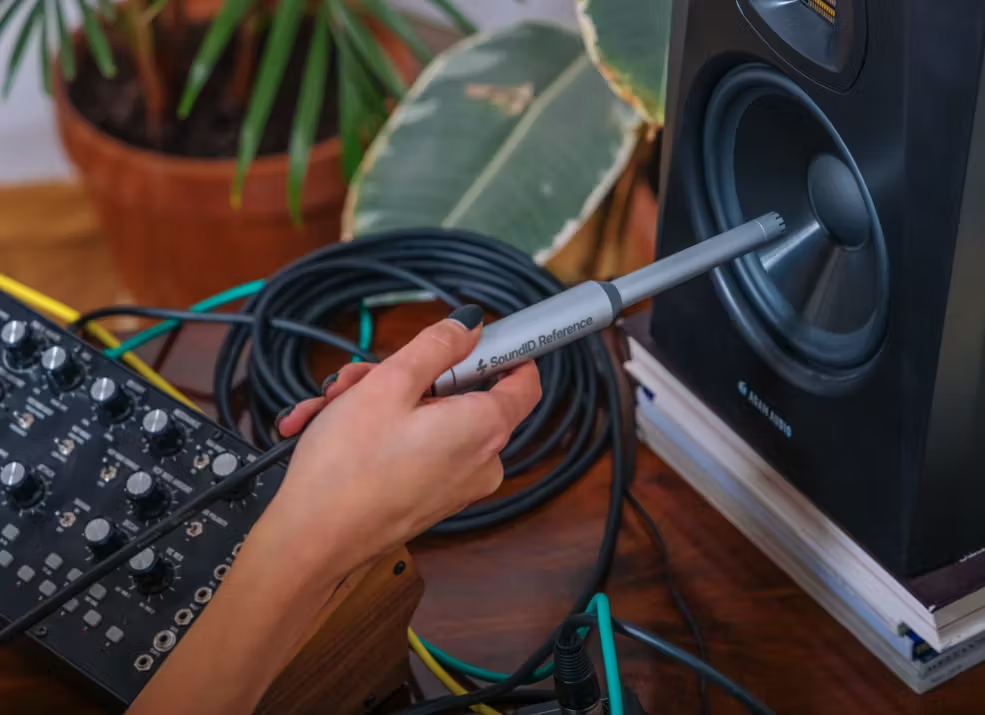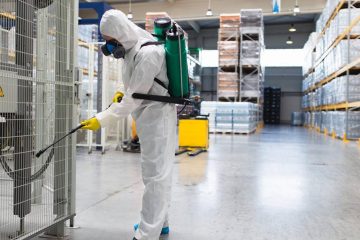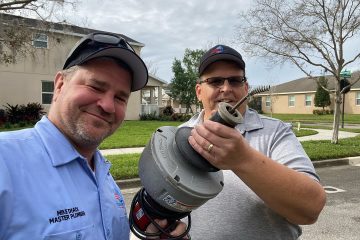When it comes to capturing sound for analysis rather than entertainment, not just any microphone will do. That’s where measurement microphones come in — specialist devices designed for precision, consistency, and reliability. Whether you’re testing the acoustics of a room, assessing speaker performance, or carrying out environmental noise monitoring, accuracy is everything.
What Makes a Measurement Microphone Different?
Unlike typical studio or handheld mics, measurement microphones are engineered to provide a flat frequency response. That means they don’t colour the sound in any way — they capture audio exactly as it exists in the environment. This neutrality is essential for technical testing, calibration, and scientific applications.
Most models are:
- Omni-directional
- Calibrated to strict standards
- Designed with minimal self-noise
- Built to withstand a range of environmental conditions
Because of these features, they’re ideal for use in laboratories, testing facilities, recording studios, and even outdoors for environmental assessments.
Common Uses for Measurement Microphones
You’ll find these microphones in use across many industries, including:
- Audio engineering – Speaker and headphone testing, sound system tuning
- Architecture and construction – Room acoustics and building performance
- Environmental monitoring – Measuring sound levels in public or industrial spaces
- Product design – Testing noise output of consumer electronics or machinery
- Broadcast and film – Calibrating sound stages and mixing rooms
In all cases, the goal is the same: gather clean, uncoloured data that can be measured, compared, and acted on.
Choosing the Right Measurement Mic
When shopping for a measurement microphone, consider:
- Frequency response range – Make sure it covers the spectrum you need
- Sensitivity – A higher sensitivity mic may pick up more subtle changes
- Connector type – Many professional-grade options use XLR with phantom power
- Calibration – Check whether the mic is pre-calibrated or if a calibration file is provided
- Build quality – Especially important for field work where durability is key
You don’t always need the most expensive option, but for critical applications, investing in a reliable, well-reviewed model is worth it.
Final Word
A measurement microphone is a specialist tool — not just a nice-to-have, but a necessity for anyone serious about accurate sound analysis. Whether you’re fine-tuning acoustics or complying with noise regulations, the right mic ensures the data you collect is precise and dependable.
Need help choosing one? Make sure you go with a supplier that understands the technical demands and offers calibration support if needed.




